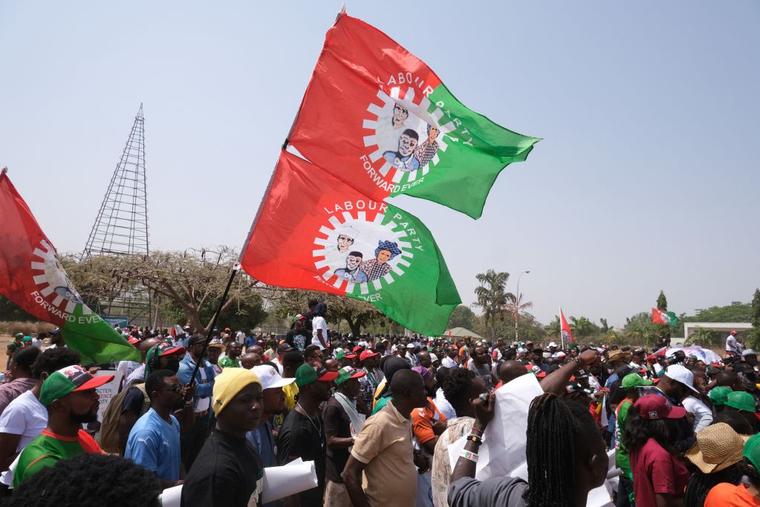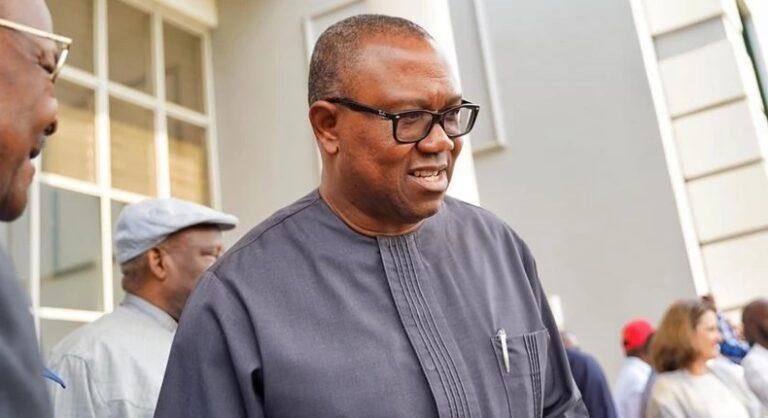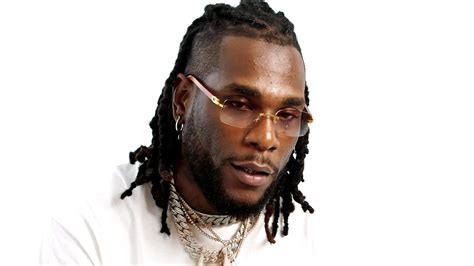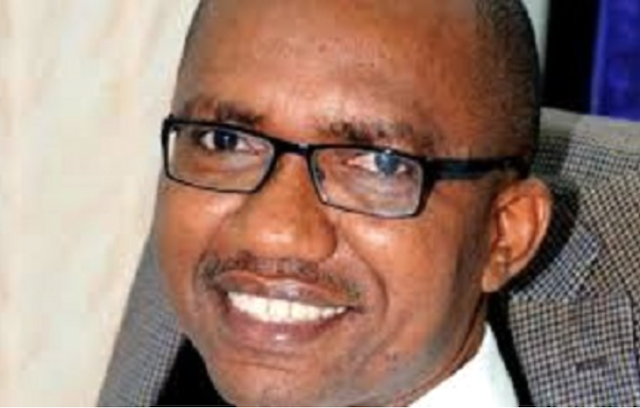It’s not only the poor that are mad, if you get my drift. Even folks who once thought of themselves as middle class, that is, neither wealthy nor poor, are in maddening distress. They can hardly believe how life has come to be what it is today. Perhaps the most frequently asked question is: how did we get here?
My mother used to pray that things should never be difficult for her and for those who could help in a time of need. Now, both the needy and the helper are in distress.
When you have to think twice to buy a loaf of bread; to choose between a baby’s milk and the whole family sleeping hungry; when you have to agonise before showing even basic charity to otherwise hardworking folks who have fallen on hard times, then you know there’s very serious trouble.
Inflation is about 27 percent, with food, energy and transportation costs being the most affected. In a country that imports virtually everything, relying mostly on oil exports for its foreign earnings, the over 50 percent depreciation of the currency in the black market in six months has worsened price levels. Everyone uses the fallen currency as excuse to charge more or hedge.
Deeply rooted
Our misery predates the presidency of Bola Ahmed Tinubu. We had barely recovered from COVID-19 and the effects of the Russia-Ukraine war on the global supply chain when it turned out that perhaps the more difficult problem was within.
As the National Security Adviser, Nuhu Ribadu, said rather bluntly – I hope not at a high, post-dated political price – last week, Nigeria under President Muhammadu Buhari was broke. Yet, in spite of being technically insolvent, for every 100 naira we managed to earn, we paid 73.5k on debt-servicing.
Still, we were borrowing to pay the country’s N77trillion projected debt as of May 2023, with each Nigerian now owing 385k. Thanks, of course, to the inexhaustible patience of the Chinese creditors who, at some point, seemed ready and willing to lend us even their treasury to keep us borrowing.
All of the anger for the current distress may not be targeted at Tinubu, though he has been widely criticised for hastily announcing fundamental changes without thinking through how to manage the fallouts. Nor is it fair to blame it all on Buhari who wept to take office but after succeeding abandoned his government to hijackers for the most part.
Troubled world
The high cost of living is, believe it or not, currently a major problem worldwide. According to a World Bank food inflation hot spots cited by Bloomberg, “Domestic food prices remain high with people in Venezuela, Lebanon, Argentina, Nigeria and Egypt particularly hard hit…In real terms, food price inflation exceeded overall inflation in more than three quarters of 170 countries where figures were available.”
Ghanaians have spent more time on the streets than in their homes protesting the high cost of living and calling for the resignation of President Nana Akufo-Addo. Earlier this month in Malawi, dollar shortages forced the government to devalue that country’s currency by 44 percent. It’s a tough world out there.
But that’s not why the poor and their newer cousins from Nigeria’s impoverished middle class are mad. They are not mad because they believe that Tinubu is the cause of all their problems, that Buhari’s government was taken hostage or because they think Nigeria should have suddenly become a paradise of sorts.
They’re mad because in a number of serious countries also facing hard times, politicians appear to be making honest efforts to solve problems. But our politicians, enabled by different branches of the elite, appear not to care. The promise to make life bearable only a few months ago has been met with daylight robbery.
Echoes of the past
Let me start with the states. If you think that the palliatives’ scandal three years ago (when hungry and angry protesters broke down warehouses only to find them stuffed with rotten supplies) was the height of official callousness by states, you would be mistaken.
Since protesters have learnt to attack warehouses to help themselves to food supplies, state governors have also learnt to secure palliatives where protesters cannot reach. You will recall, for example, that a few months ago, the Federal Government approved N5billion to states to mitigate the effects of runaway food and energy inflation. The money was supposed to ease the pain of the poorest of the poor.
Some states said they bought basic foodstuffs, especially grains, for residents. What we saw on the streets, however, were videos of whole communities holding up super-small plastic bags of rice or beans, barely enough for meals for two families.
And that’s in a country where Abia, a state thought to have one of the most conservative governors by most accounts, spent N223million on food in three months; and Lagos is struggling to explain how N440million would be used to buy a special VIP jeep. But these tales of obscene spending, among many, are only a small part of the ingenuity of governors who have found creative ways of managing palliatives.
Dollar game
Multiple sources told me, confidentially, that what a number of state governors did after 36 of them received N2billion each, as the first tranche of the N5billion palliatives fund from Abuja, was to raid the black market. They converted significant portions of what they received into dollars, giving palliatives engineering a new currency.
On June 1, three days after Tinubu took office the naira traded at N734.67/$ in the parallel market. A few weeks after the federal government released palliatives to states, the naira recorded its worst slide on October 26 at N1272.62/$, the sharpest drop in value in six months.
That’s why the poor are mad. But that’s not all. They’re also mad that the evidence of politicians asking them to tighten their belts is hardly seen at the centre, long notorious for its obesity. How can federal legislators justify the purchase of SUVs costing at least N160million each on the ground that the expense is for necessity, and not to indulge their vanity?
How can they argue, openly and brazenly, that the legislature has a right to compete with the executive arm in the race for profligacy? It’s the sort of argument that turns the stomach. Some legislators even remind you that they can actually afford these luxury cars. What’s the big deal?
A fool’s ride
The big deal, as you may have seen from a trending video of a tanker buried in what is supposed to be the Nsukka/9th Mile Ngwo Expressway in Enugu State, in a long train of other marooned trucks, is that there are, in fact, no roads on which these luxury toys may be driven. Yet, it would seem that one more toy in the legislators’ garage to be used mainly inside Abuja’s central business district is not a bad idea, after all. That’s why the poor are mad.
They’re mad that at a time like this, the Federal Government is proposing a supplementary budget of N2.18trillion from which N13.5billion would be spent on renovation or construction of new buildings and offices for the Presidency; N4billion on a presidential yacht; and some more billions on vehicles.
All of this after an earlier federal appropriation of N21.83trillion which, like Hadi Sirika’s Nigeria Air, appears to have vanished into thin air. And yet the insanity of the political elite only scratches the surface of our misery.
If you, unlike those in 19th century France in Victor Hugo’s Les Miserables, are neither mad nor moved to any redeeming action by our current situation, you should ask yourself: why?









